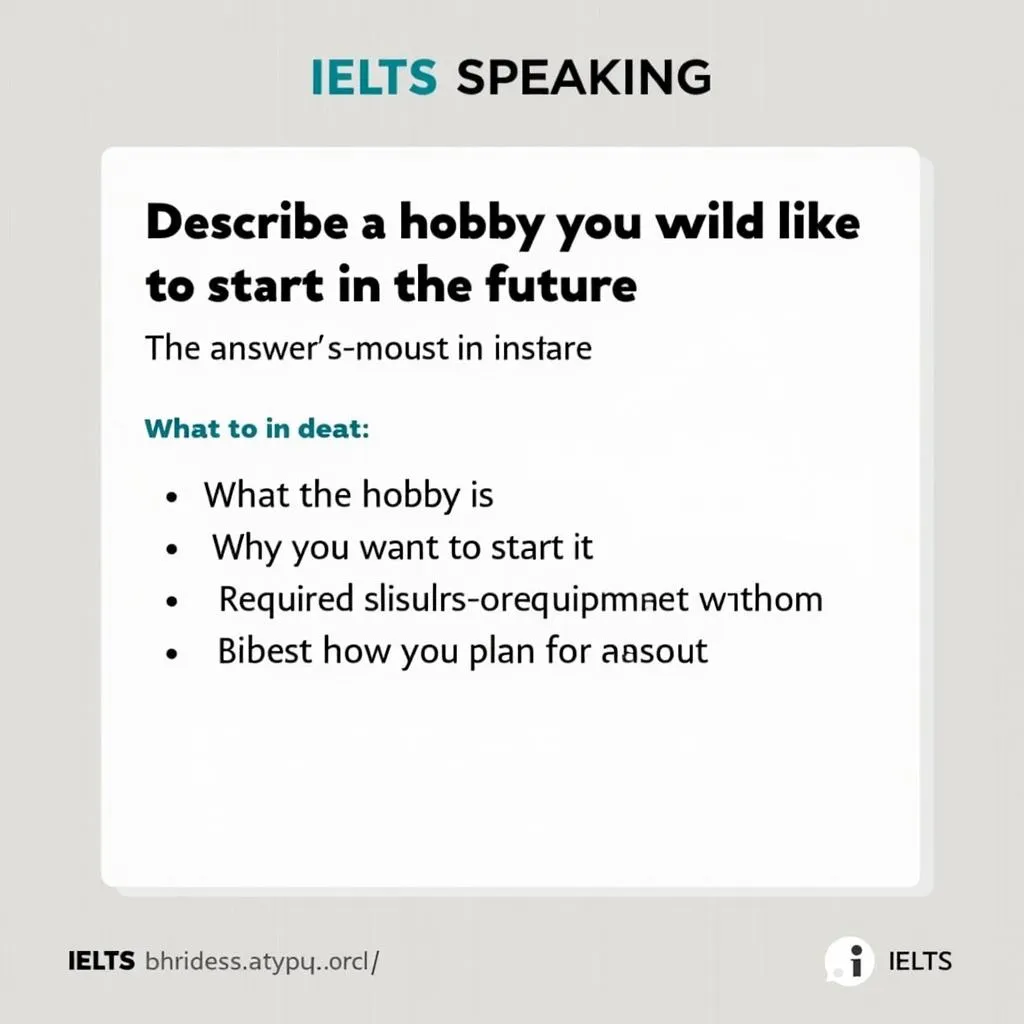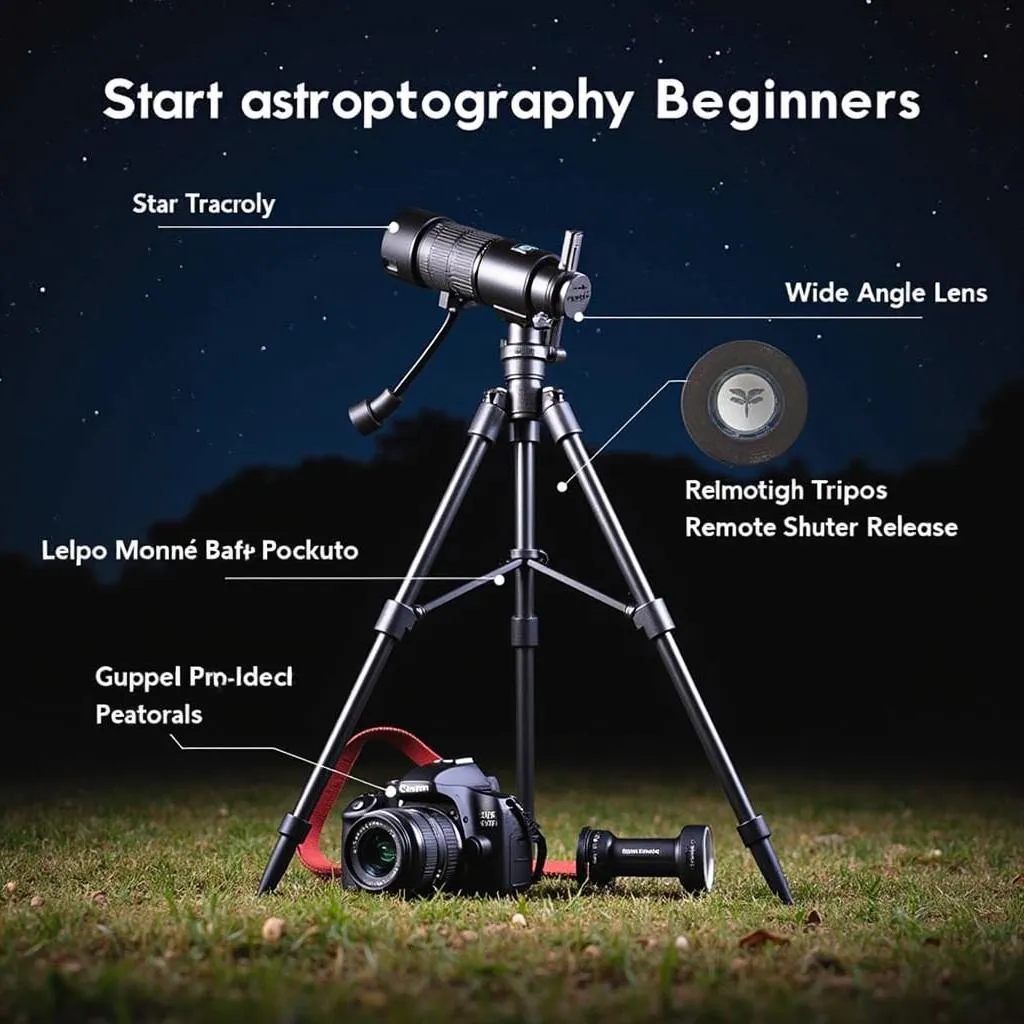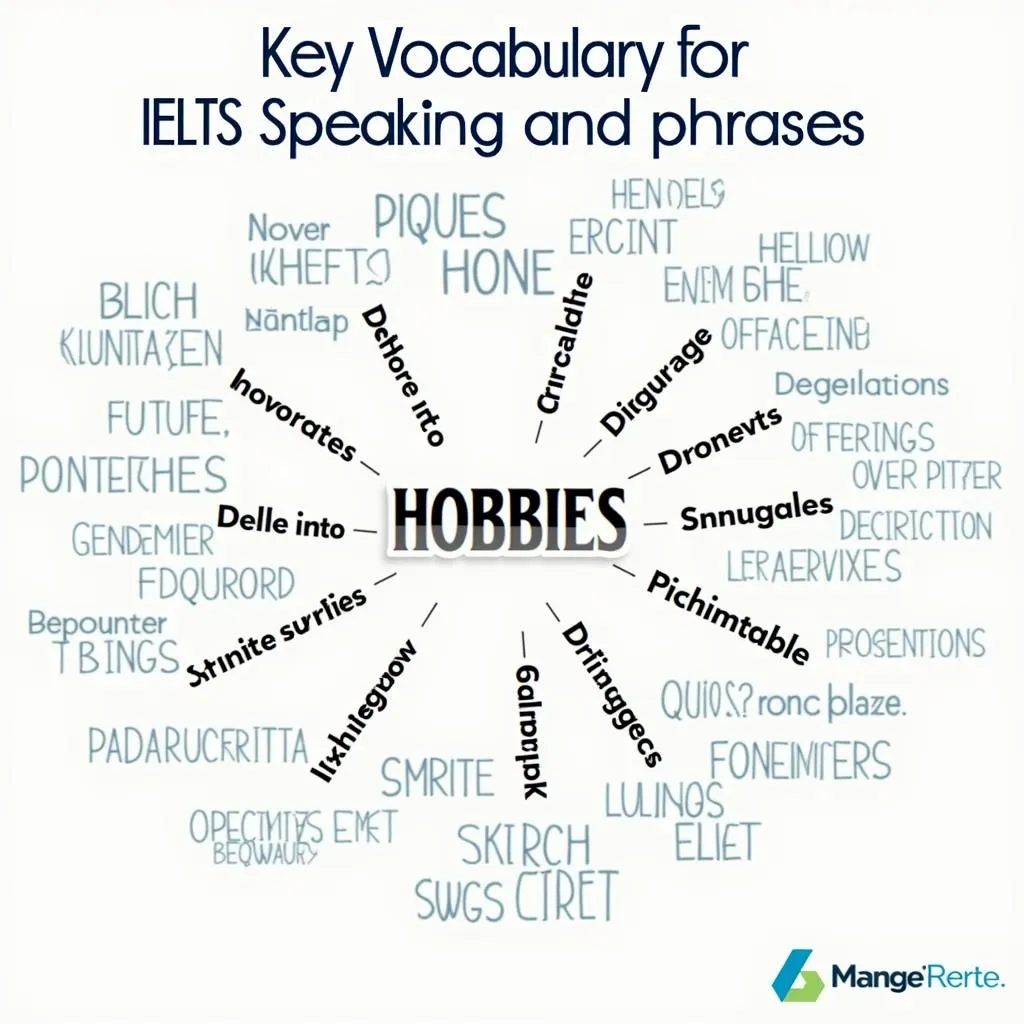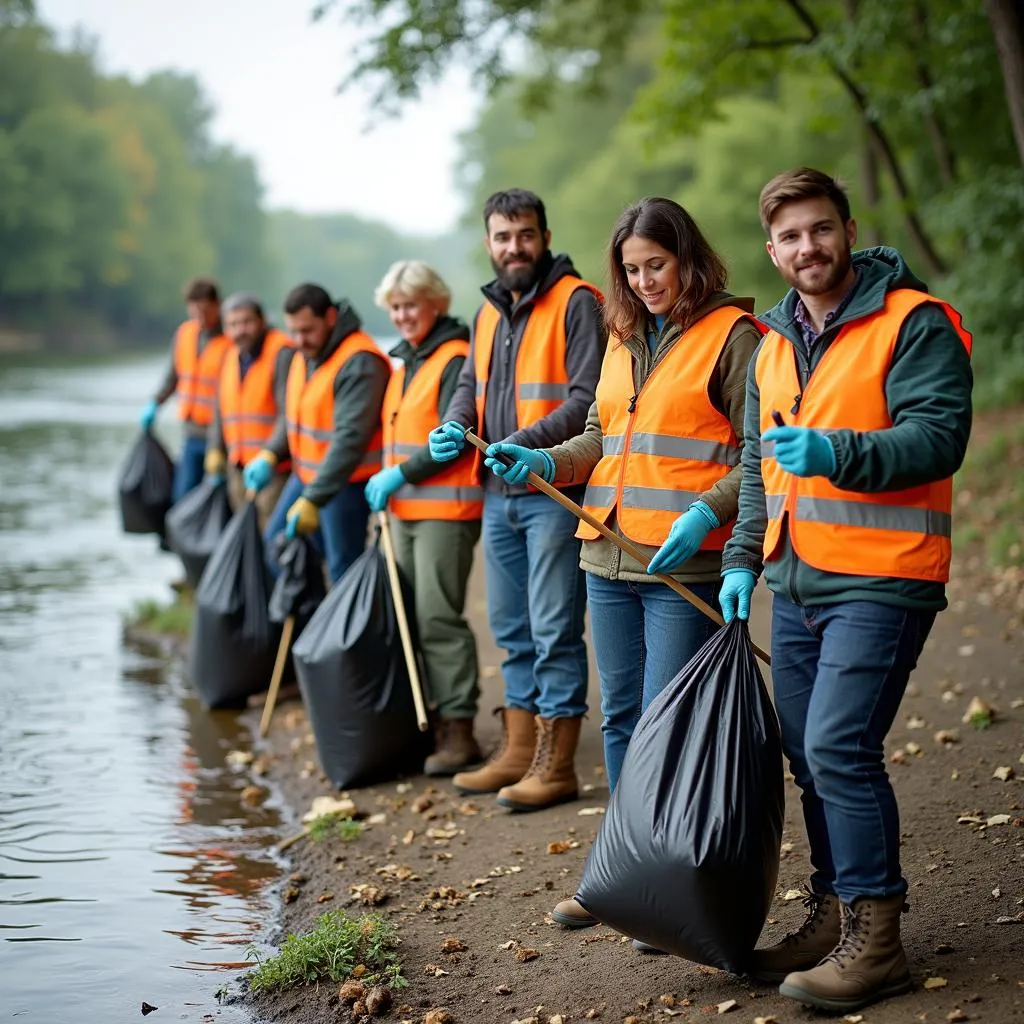In IELTS Speaking exams, candidates often encounter questions about hobbies and interests. One common topic is describing a hobby you would like to start in the future. This article will guide you through answering such questions effectively, providing sample responses and key strategies to help you achieve a high band score.
Nội dung bài viết
Describe a time when you tried to learn something on your own can be a related topic that may come up in your IELTS Speaking test. Understanding how to approach these types of questions will boost your confidence and performance.
Part 1: Introduction and Interview
In this section, the examiner may ask general questions about hobbies. Here are some common questions and sample answers:
- Do you have any hobbies?
- What hobbies are popular in your country?
- Do you think hobbies are important?
Let’s focus on the third question:
Examiner: Do you think hobbies are important?
Sample answer (Band 7-8):
“Absolutely! I believe hobbies play a crucial role in our lives. They provide a much-needed outlet for stress and allow us to express ourselves creatively. Moreover, hobbies can help us develop new skills and even forge friendships with like-minded individuals. In today’s fast-paced world, having a hobby can offer a welcome respite from our daily routines and contribute to our overall well-being.”
Part 2: Long Turn
In this section, you’ll be given a cue card with a topic to speak about for 1-2 minutes. Here’s a sample cue card related to our main topic:
Describe a hobby you would like to start in the future
You should say:
- What the hobby is
- Why you want to start it
- What skills or equipment you would need
- How you plan to learn or start this hobby
 IELTS Speaking Part 2 cue card about future hobby
IELTS Speaking Part 2 cue card about future hobby
Sample answer (Band 6-7):
“I’ve always been fascinated by photography, and it’s a hobby I’d really like to take up in the future. The idea of capturing special moments and creating art through images really appeals to me. I think it would be a great way to express my creativity and see the world from a different perspective.
To get started, I’d need to invest in a good camera and maybe some basic editing software. I’d also need to learn about things like composition, lighting, and different photography techniques. I’m planning to start by watching online tutorials and maybe taking a beginner’s course at a local community center.
I think photography would be a great hobby because it’s something I can do anywhere, whether I’m traveling or just walking around my neighborhood. It would encourage me to get out more and really observe my surroundings. Plus, I could share my photos with friends and family, which would be really rewarding.”
Sample answer (Band 8-9):
“I’ve been contemplating taking up astrophotography as a hobby in the near future. This specialized form of photography, focusing on capturing celestial bodies and astronomical events, has piqued my interest due to its unique blend of science and artistry.
The primary reason behind my desire to delve into this field stems from my longstanding fascination with the cosmos. Astrophotography would allow me to merge my love for astronomy with a creative outlet, enabling me to capture the awe-inspiring beauty of the night sky and share it with others.
To embark on this hobby, I’d need to acquire some specialized equipment, including a high-quality DSLR camera, a sturdy tripod, and potentially a telescope for more advanced shots. Additionally, I’d need to hone my skills in long-exposure photography and familiarize myself with post-processing techniques specific to astrophotography.
My plan to initiate this hobby involves a multi-faceted approach. Firstly, I intend to immerse myself in online resources, such as tutorial videos and astrophotography forums. Secondly, I plan to join a local astronomy club to network with experienced astrophotographers and potentially find a mentor. Lastly, I’ll start with simple shots of constellations and the moon before gradually progressing to more complex subjects like nebulae and galaxies. This hobby not only promises to be intellectually stimulating but also offers a unique way to appreciate the vastness and beauty of our universe.”
 Astrophotography equipment setup for beginners
Astrophotography equipment setup for beginners
Follow-up questions:
- What challenges do you think you might face when starting this hobby?
- How do you think this hobby might benefit your personal or professional life?
Sample answer for question 1 (Band 8-9):
“Embarking on astrophotography is likely to present several formidable challenges. Firstly, there’s a steep learning curve associated with mastering the technical aspects of both photography and astronomy. Understanding concepts like ISO settings, exposure times, and star tracking can be quite daunting for beginners.
Moreover, astrophotography often requires shooting in remote locations with minimal light pollution, which can be logistically challenging and potentially risky if not properly planned. Weather conditions also play a crucial role, and the unpredictability of cloud cover or atmospheric turbulence can be frustrating.
Another significant hurdle is the financial investment required. High-quality equipment doesn’t come cheap, and there might be a temptation to overspend before fully committing to the hobby.
Lastly, astrophotography demands a great deal of patience and perseverance. It’s not uncommon to spend hours setting up equipment and capturing images, only to find that the results are not as expected. This can be disheartening, but it’s also part of the learning process.
Despite these challenges, I believe the rewards of capturing the night sky’s beauty would make the effort worthwhile. Overcoming these obstacles would not only improve my photography skills but also develop my problem-solving abilities and patience – qualities that are valuable in many aspects of life.”
Part 3: Two-way Discussion
In this section, the examiner will ask more abstract questions related to the topic. Here’s an example:
Examiner: How do you think technology has changed the way people pursue hobbies?
Sample answer (Band 7-8):
“Technology has revolutionized the way people engage with hobbies in several significant ways. Firstly, it has made information and learning resources much more accessible. People can now learn about virtually any hobby through online tutorials, forums, and video courses, which wasn’t possible a few decades ago.
Secondly, technology has created entirely new categories of hobbies, such as video game streaming, podcasting, and digital art. These modern hobbies often blur the line between leisure activities and potential career paths.
Moreover, technology has made it easier for hobbyists to connect with like-minded individuals across the globe. Online communities and social media platforms allow people to share their work, exchange ideas, and even collaborate on projects regardless of geographical boundaries.
However, it’s worth noting that technology has also led to some negative impacts. The instant gratification culture fostered by technology can sometimes make people less patient with the learning process involved in many traditional hobbies. Additionally, the constant connectivity enabled by smartphones and tablets can make it harder for some individuals to fully immerse themselves in their hobbies without distractions.
Overall, while technology has undoubtedly enhanced many aspects of pursuing hobbies, it’s important for individuals to find a balance and ensure that technology enhances rather than detracts from their hobby experiences.”
Describe a hobby that you would like to try is another potential topic that could come up in your IELTS Speaking test. Being prepared for such variations will help you respond more confidently and fluently.
Key Vocabulary and Phrases for High Scores
To boost your IELTS Speaking score, incorporate these advanced words and phrases into your responses:
-
Pique one’s interest /piːk wʌnz ˈɪntrəst/ (phrasal verb): to arouse curiosity or interest
Example: “The art of bonsai has really piqued my interest lately.” -
Delve into /delv ˈɪntuː/ (phrasal verb): to research or investigate thoroughly
Example: “I’m excited to delve into the world of ancient philosophy as my new hobby.” -
Hone /həʊn/ (verb): to refine or perfect a skill
Example: “Taking up painting will allow me to hone my observational skills.” -
Immerse oneself /ɪˈmɜːs wʌnˈself/ (phrasal verb): to involve oneself deeply in an activity
Example: “I plan to immerse myself in the local culture by learning traditional crafts.” -
Formidable /ˈfɔːmɪdəbl/ (adjective): challenging or difficult to overcome
Example: “Learning to play the violin seems like a formidable task, but I’m up for the challenge.”
 Key vocabulary for IELTS Speaking about hobbies
Key vocabulary for IELTS Speaking about hobbies
Examiner’s Advice
To excel in the IELTS Speaking test when discussing future hobbies:
-
Practice extensively: Regularly discuss your interests and potential future hobbies with friends or language partners.
-
Develop your ideas: Don’t just list facts; explain your thoughts and feelings about the hobby.
-
Use a variety of vocabulary: Incorporate advanced words and phrases naturally into your responses.
-
Maintain fluency: Speak at a natural pace, using fillers appropriately to avoid long pauses.
-
Show enthusiasm: Your tone and body language should convey genuine interest in the topic.
Remember, the key to success in IELTS Speaking is not just what you say, but how you say it. Confidence, fluency, and the ability to express complex ideas clearly are crucial factors in achieving a high band score.
Describe a hobby you started recently is another related topic that could be useful to prepare for. By practicing a range of hobby-related topics, you’ll be better equipped to handle whatever question comes your way in the actual test.


